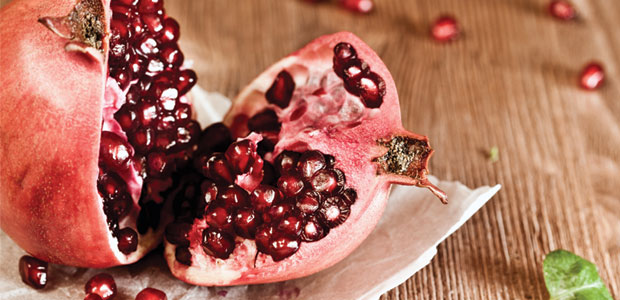Advertisement
Antioxidants
Still beneficial

Some government agencies have been shying away from promoting antioxidants as having significant health benefits. The US Department of Agriculture (USDA), for example, recently removed its Oxygen Radical Absorbance Capacity (ORAC) Database, which tested and compared the antioxidant properties in a variety of foods.
But have no fear, antioxidants are beneficial, and any pullback from regulatory agencies is more related to the claims of overzealous marketing departments than fact-based science.
Solid science
Numerous studies linking free-radical damage to the aging process and disease are published in the most trusted medical journals. The mechanisms and advantages of antioxidants are also well documented—their impact on damaged cells, proteins, and DNA in particular has garnered much attention.
The rise of superfruits such as noni, acai, and pomegranate are the result of such thorough studies. The traditional use of green tea extracts and the popularity of dark chocolate now have an even richer scientific base thanks to modern science.
Looking to the future
Although antioxidants are the focus of many scientific studies, their total health effects are not completely understood; scientific discovery is a never-ending endeavour.
For instance, vitamin C, a potent antioxidant, reacts differently in the presence of iron or copper and is being investigated as a chemotherapeutic agent. Further, new studies are investigating how antioxidant supplementation affects our body’s ability to adapt to oxidative stress.
A word for thought
In a response to the withdrawal of the ORAC Database, Ronald Prior, PhD, a USDA researcher, ORAC contributor, and expert on phytochemicals, released his view: “There is developing a considerable amount of scientific literature on the positive health benefits of the polyphenolic flavonoid-type compounds in foods.”
However, he also pointed out, “This is not to say that all of these effects are the result of only an antioxidant mechanism.” Therefore, the challenge for researchers will be to isolate the antioxidant’s contribution in the body from the other health benefits many of these foods offer.
Regardless, we should take a cue from nature. Just as our body’s coenzyme Q10 is recycled and also recycles radical forms of vitamins C and E to become antioxidants again, other organisms and plants have also developed elaborate antioxidant protection to ensure longevity.
So where does that leave antioxidants? Most experts will agree that the antioxidant properties of many foods and supplements are well established. The scientific evidence on their beneficial effects in our body is growing. So eat that fresh produce, take those quality supplements, and live a long, healthy life.




